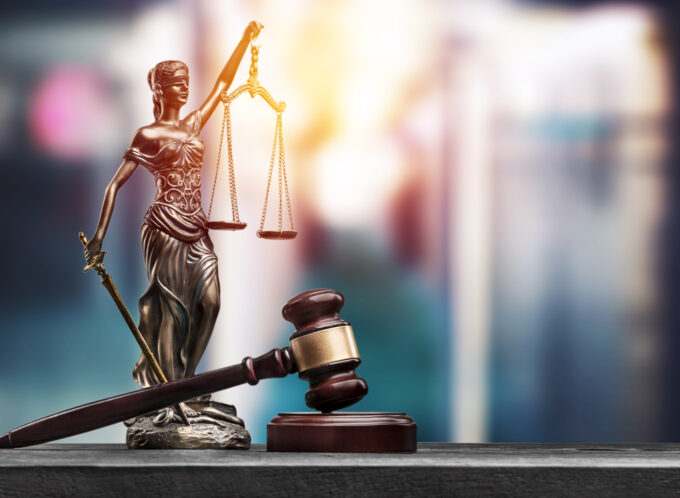Recently there has been a lot of press and coverage regarding Snapchat’s most recent upgrade which has a map/location function. And quite frankly it terrifies me. You may not be aware but many of the apps on your phone have a location tool, which can be great when you need to know which restaurant is near you or how far the nearest fuel is, however, when dealing with a controlling and abusive ex partner it can easily be the easiest way to find and monitor you.
Any behaviour online by a partner or someone else could be abuse if it makes you feel scared or unsafe. It could include:
- Sending multiple emails or text messages a day,
- Monitoring your computer’s activity through Spyware,
- Tracking your location using GPS,
- Watching you through hidden cameras,
- Intercepting your phone calls and messages, and
- Impersonating you to others.
Trust your instincts. If you think an abusive person could be harassing, stalking, or monitoring you by using technology, clear your internet history and consider the following tips for staying safe online.
7 Tips for Staying Safe Online
- Clear your computer search history and consider in ‘Incognito‘ or ‘Private‘ mode. This means that the computer will not accept “cookies” from the sites you visit and it will be difficult to obtain your search history.
- Use a “safe” computer, visit a friend, use a library or internet café to ensure that your internet history cannot be accessed.
- Be careful when communicating online, most messaging services can be tracked and recorded. If in doubt it may be safer to use a landline telephone or friends telephone rather than communicating online. If you have no other option, always make sure that you log out of websites and clear your internet history.
- Change the passwords to your accounts. Be careful not to use passwords your abuser can guess such as birthdates, nicknames. Ideally it would be better to create new anonymous accounts that your abuser does not have access to.
- Turn off location services on your phone, and when not in use keep your mobile turned off.
- When downloading a new app, make sure that you know what each of the apps do and what locations permissions are required.
- Limit the personal information that you give out about yourself. You don’t know where this information will end up.




















